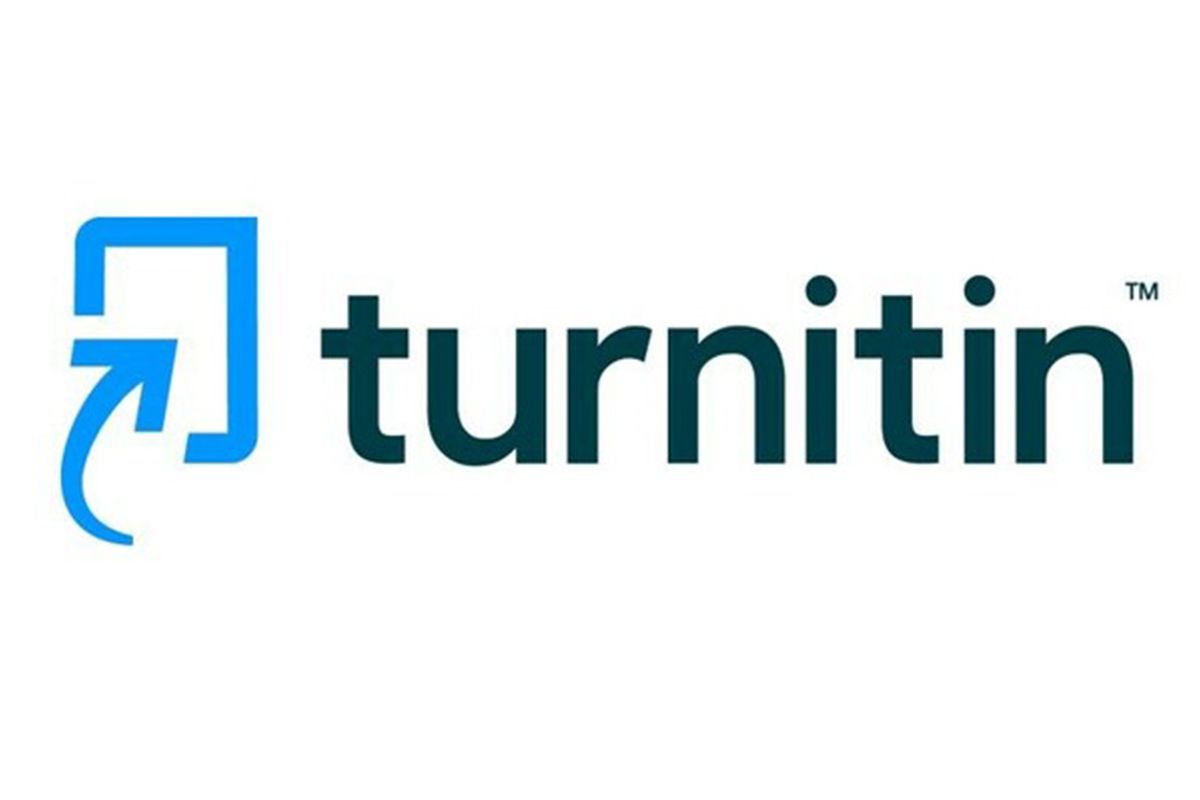Publication Ethics
Mechanism in the publication of JTJ includes related ethical standards consisting of ethics for writers and editors. Each is explained as follows.
Writer Ethics
- Reporting Standards:
Authors of research reports must present an accurate account of the work performed, as well as an objective discussion of its significance. Deliberately cheating is unethical and unacceptable behavior.
- Data Access and Storage:
Authors may be asked to provide raw data regarding the paper for editorial review. They must be prepared to provide such data if required.
- Originality and Plagiarism:
Authors must ensure that their work is original. If the author uses the work or words of other people, then the author must use quotations with proper procedures.
- Multiple, Redundant or Concurrent Publication:
An author may not publish the same research manuscript in more than one journal or major publication concurrently. Such actions constitute unethical and unacceptable publishing behavior.
- Acknowledgment of Source:
Acknowledgment of the work of others should always be given. Authors should cite influential publications in determining the nature of the work reported.
- Paper Writing:
Everyone who makes a significant contribution must be listed as a co-author, both from the concept, implementation, and interpretation of the writing. They should be recognized or registered as writing contributors. Corresponding authors must ensure that this is fair.
- Disclosure and Conflict of Interest:
All authors must disclose in their manuscript any financial or other substantive sources that may have influenced the results or interpretation of their manuscript. All sources of financial support for the project must be disclosed as evidence of transparency.
- Fundamental errors in published work:
If the author discovers a significant error or inaccuracy in his published work, the author is obligated to immediately notify the editor of the journal or publisher, and work with the editor to retract or correct the paper.
Editorial Ethics
1. Fairness:
Editors must be fair in evaluating writing regardless of the author's gender, race, creed, religion, nationality, ethnic origin, or particular political philosophy.
- Secret:
Editors and editorial staff must not disclose any information about submitted manuscripts to anyone other than the authors, reviewers, potential reviewers, other editorial editors, and the publisher.
- Disclosure and Conflict of Interest:
Unpublished material in submitted manuscripts may not be used in the editor's own research. If material is to be used, there must be written consent from the author.
- Publication Decision:
The journal's editorial board is responsible for deciding which articles can be published. Editors are guided by the policies of the journal's editorial board and limited by applicable legal requirements regarding defamation, copyright infringement, and plagiarism. The editor may confer with other editors or reviewers in making this decision.
- Manuscript Review:
The editor must ensure that each manuscript is evaluated for authenticity. Editors must regulate and use peer review fairly. In publishing, the editor must use peer reviewers that are appropriate for the topic of the paper by choosing people who are experts in their fields, and have no particular interest.
Reviewer Ethics
- Contributing to Editorial Decisions
Peer review supports editors in making publication decisions. Through interactions with authors, reviewers can also assist in enhancing the quality of the submitted work.
- Timeliness
If a reviewer feels unqualified to assess a manuscript or anticipates delays in providing a timely review, they should promptly inform the editor and withdraw from the review process.
- Confidentiality
All manuscripts received for review must be treated as confidential documents. Sharing or discussing the content of a manuscript with others is strictly prohibited without explicit authorization from the editor.
- Objectivity
Reviews should be conducted impartially. Personal attacks on the author are inappropriate. Reviewers must clearly express their opinions, supported by evidence.
- Acknowledging Sources
Reviewers are expected to identify any relevant published work that has not been cited by the authors. If a reviewer is aware of previous research that overlaps with the submitted work, they must inform the editor.
- Disclosure of Conflicts of Interest
Privileged information obtained during the review process must remain confidential and not be used for personal gain. Reviewers should recuse themselves from reviewing manuscripts if they have any competing interests, collaborations, or other connections with the authors, institutions, or companies involved in the research.



